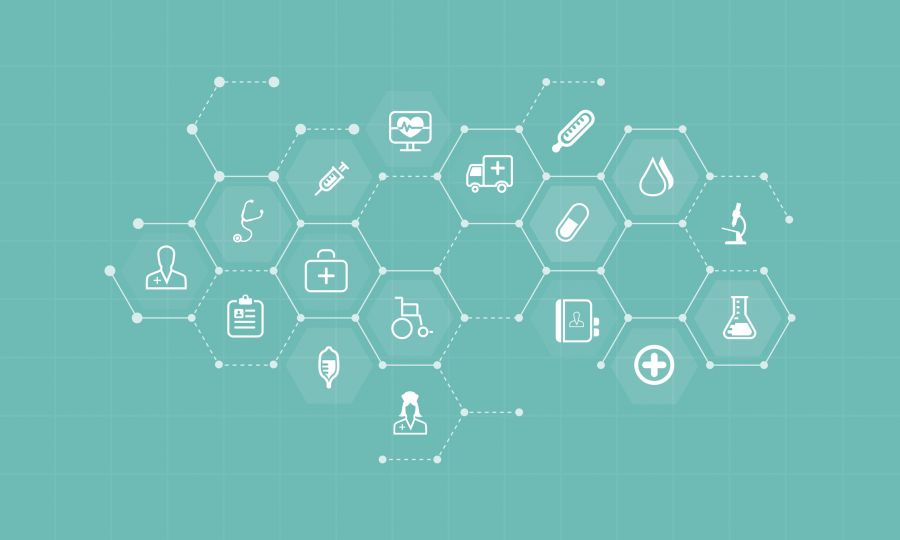The traditional Healthcare model of Family Doctor concept and word of mouth referrals to select the Healthcare provider by patients is under increasing pressure these days. The Younger generation in particular select Doctors based on Internet searches and inputs from healthcare aggregators. One of the new healthcare aggregation company has become a unicorn in very fast time. As a Doctor in traditional practice we are afraid if we will soon become like OLA drivers being dictated which patient to see and how much to earn by the aggregator companies.
The Ecommerce and Aggregation platforms have seen a boom in their revenues post pandemic. Retail ecommerce grew from 5 % in 2019 to 30% in 2021. Naturally healthcare aggregators platforms have also sprung up and seen increased revenues and valuations. Increased FDI investments and change in customer behavior also has lead to the growth of these models.
Lets start with Definition of what is an aggregator business model. This is basically a network model which organizes the related unorganized service providers in one huge platform under one brand name. The platform connects the service providers with their customers but under one brand. For example OLA , UBER or OYO.
The growth of these models is seen as a direct threat to Small Clinics and Hospitals. There is lots of discussion about these models in Doctors based whats app groups and social media platforms.
Why Small Healthcare Players are concerned
1) Disruption of the Doctor Brand:
The Doctor is the brand for a medical practice - and is built after many years of hard work by the Doctor- brick by brick. The patients data and the personal brand of the Doctor are the main pillars of a healthcare practice. In a aggregator model the Doctors brand is overshadowed by the brand of the aggregator company. Patients may come today to one Doctor but he may be guided to another player who offers a lower price since for him the aggregator provides the brand value. Just like we go in any airline who offers the lowest price and not worried about the safety standards of the airline.
2) Higher Margin for the Aggregator and Lower Margin for Hospitals/ Doctors
Since Aggregation Model works on lower price and Patients seek these Aggregators for low cost procedures, aggregators are forced to tie up with players offering them lower costs and are ready to work at lower margins for themselves. Hence healthcare players who decide to work with Aggregators may not have good revenues in the long run. Just like Drivers of App based taxi companies are not always paid well. This may happen to Doctors working with Healthcare Aggregation Companies too.
3) Patient Data Not owned by the Doctors
The Patients sent by Aggregator companies- data is owned by them - A medical practice is built by patient data, and if the data is not owned by the Doctors themselves, this will not help in growth of a medical practice in the long term.
4) Regulatory and Compliance Issues
Since patients are sent by aggregators and operated in Doctors clinic or hospital, who owns responsibility if a procedure becomes complicated, Medico legally who is responsible there are many grey areas like these to be addressed in these models.
Though this model works well in other industries, in Healthcare its more personal and a medical treatment is not a product which can be bought off the shelf. I as a Doctor will not choose to join these aggregators and as a Patient would still go to my trusted family Doctor and not go to someone suggested by a website since they offer low prices.
On the other hand we as Doctors should create good customer experience to our patients when they visit our clinics, be present Online have a good website and social media presence apart from providing good treatment so that we are not disrupted by these aggregators.
Please post your comments to this blog - also can message me your feedback in whats app +919840324333

